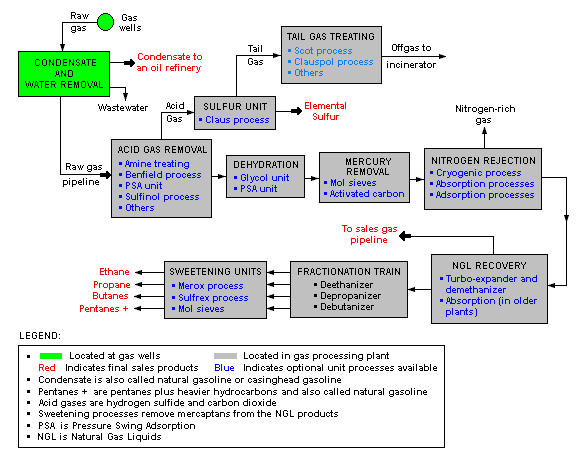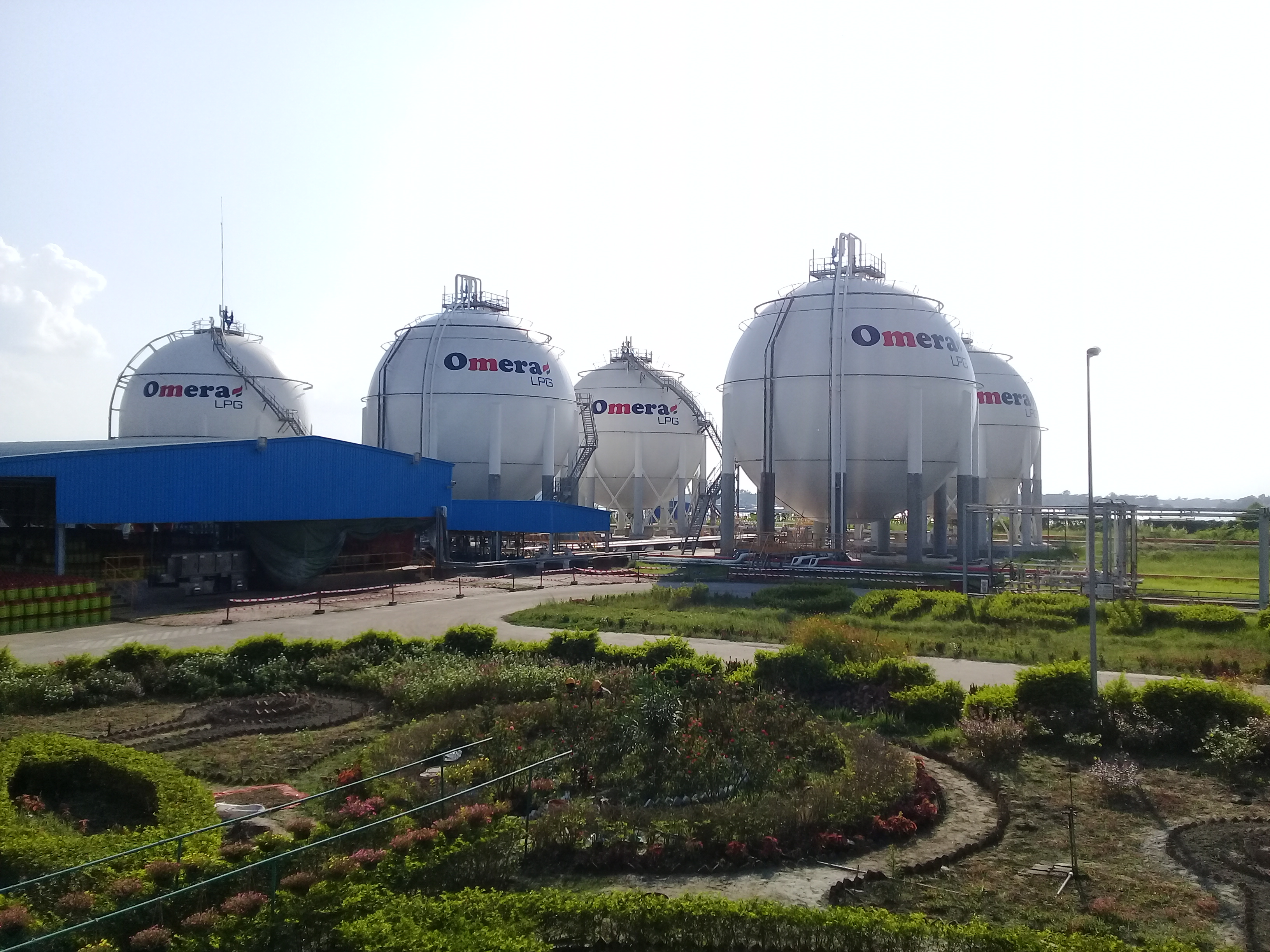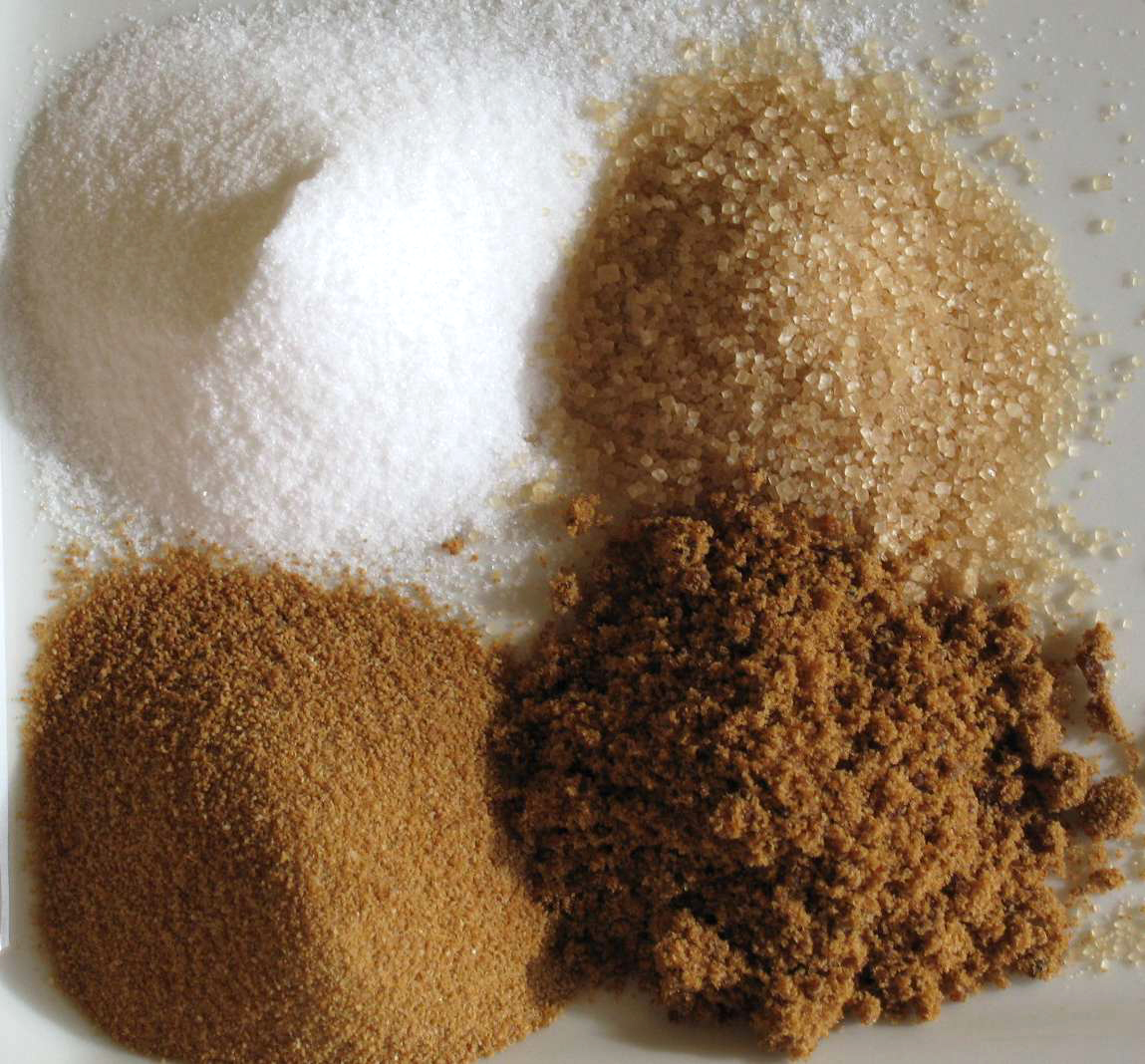|
Refinery
A refinery is a production facility composed of a group of chemical engineering unit processes and unit operations refining certain materials or converting raw material into products of value. Types of refineries Different types of refineries are as follows: * oil refinery, Petroleum oil refinery, which converts crude oil into Octane rating, high-octane motor spirit (gasoline/petrol), diesel oil, liquefied petroleum gases (LPG), kerosene, heating fuel oils, hexane, lubricating oils, bitumen and petroleum coke * Cooking oil#Refinement, Edible oil refinery which converts cooking oil into a product that is uniform in taste, smell and appearance, and stability *Natural gas processing plant, which purifies and converts raw natural gas into residential, commercial and industrial fuel gas, and also recovers natural gas liquids (NGL) such as ethane, propane, butanes and pentanes * Sugar refinery, which converts sugar cane and sugar beets into crystallized sugar and sugar syrups * Salt re ... [...More Info...] [...Related Items...] OR: [Wikipedia] [Google] [Baidu] |
Oil Refinery
An oil refinery or petroleum refinery is an industrial processes, industrial process Factory, plant where petroleum (crude oil) is transformed and refining, refined into useful products such as gasoline (petrol), diesel fuel, asphalt, asphalt base, fuel oils, heating oil, kerosene, liquefied petroleum gas and petroleum naphtha. Petrochemicals feedstock like ethylene and propene, propylene can also be produced directly by Cracking (chemistry), cracking crude oil without the need of using refined products of crude oil such as naphtha. The crude oil feedstock has typically been processed by an oil production plant. There is usually an oil depot at or near an oil refinery for the storage of incoming crude oil feedstock as well as bulk liquid products. In 2020, the total capacity of global refineries for crude oil was about 101.2 million barrels per day. Oil refineries are typically large, sprawling industrial complexes with extensive piping running throughout, carrying streams of f ... [...More Info...] [...Related Items...] OR: [Wikipedia] [Google] [Baidu] |
Gasoline
Gasoline (; ) or petrol (; ) (see ) is a transparent, petroleum-derived flammable liquid that is used primarily as a fuel in most spark-ignited internal combustion engines (also known as petrol engines). It consists mostly of organic compounds obtained by the fractional distillation of petroleum, enhanced with a variety of additives. On average, U.S. refineries produce, from a barrel of crude oil, about 19 to 20 gallons of gasoline; 11 to 13 gallons of distillate fuel (most of which is sold as diesel fuel); and 3 to 4 gallons of jet fuel. The product ratio depends on the processing in an oil refinery and the crude oil assay. A barrel of oil is defined as holding 42 US gallons, which is about 159 liters or 35 imperial gallons. The characteristic of a particular gasoline blend to resist igniting too early (which causes knocking and reduces efficiency in reciprocating engines) is measured by its octane rating, which is produced in several grades. Tetraethyl lea ... [...More Info...] [...Related Items...] OR: [Wikipedia] [Google] [Baidu] |
Crude Oil
Petroleum, also known as crude oil, or simply oil, is a naturally occurring yellowish-black liquid mixture of mainly hydrocarbons, and is found in geological formations. The name ''petroleum'' covers both naturally occurring unprocessed crude oil and petroleum products that consist of refined crude oil. A fossil fuel, petroleum is formed when large quantities of dead organisms, mostly zooplankton and algae, are buried underneath sedimentary rock and subjected to both prolonged heat and pressure. Petroleum is primarily recovered by oil drilling. Drilling is carried out after studies of structural geology, sedimentary basin analysis, and reservoir characterisation. Recent developments in technologies have also led to exploitation of other unconventional reserves such as oil sands and oil shale. Once extracted, oil is refined and separated, most easily by distillation, into innumerable products for direct use or use in manufacturing. Products include fuels such as gaso ... [...More Info...] [...Related Items...] OR: [Wikipedia] [Google] [Baidu] |
Liquefied Petroleum Gas
Liquefied petroleum gas (LPG or LP gas) is a fuel gas which contains a flammable mixture of hydrocarbon gases, specifically propane, propylene, butylene, isobutane and n-butane. LPG is used as a fuel gas in heating appliances, cooking equipment, and vehicles. It is increasingly used as an aerosol propellant and a refrigerant, replacing chlorofluorocarbons in an effort to reduce damage to the ozone layer. When specifically used as a vehicle fuel, it is often referred to as autogas or even just as gas. Varieties of LPG that are bought and sold include mixes that are mostly propane (), mostly butane (), and, most commonly, mixes including both propane and butane. In the northern hemisphere winter, the mixes contain more propane, while in summer, they contain more butane. In the United States, mainly two grades of LPG are sold: commercial propane and HD-5. These specifications are published by the Gas Processors Association (GPA) and the American Society of Testing and ... [...More Info...] [...Related Items...] OR: [Wikipedia] [Google] [Baidu] |
Sugar Refinery
A sugar refinery is a refinery which processes raw sugar from cane or beets into white refined sugar. Many cane sugar mills produce raw sugar, which is sugar that still contains molasses, giving it more colour (and impurities) than the white sugar which is normally consumed in households and used as an ingredient in soft drinks and foods. While cane sugar does not need refining to be palatable, sugar from sugar beet is almost always refined to remove the strong, usually unwanted, taste of beets from it. The refined sugar produced is more than 99 percent pure sucrose. Many sugar mills only operate during the harvest season, whereas refineries may work the year round. Sugar beet refineries tend to have shorter periods when they process beet than cane refineries, but may store intermediate product and process it in the off-season. Raw sugar is either processed and sold locally, or is exported and refined elsewhere. History Sugar refineries date back to Arab Egypt in t ... [...More Info...] [...Related Items...] OR: [Wikipedia] [Google] [Baidu] |
Kerosene
Kerosene, paraffin, or lamp oil is a combustible hydrocarbon liquid which is derived from petroleum. It is widely used as a fuel in aviation as well as households. Its name derives from el, κηρός (''keros'') meaning " wax", and was registered as a trademark by Canadian geologist and inventor Abraham Gesner in 1854 before evolving into a generic trademark. It is sometimes spelled kerosine in scientific and industrial usage. The term kerosene is common in much of Argentina, Australia, Canada, India, New Zealand, Nigeria, and the United States, while the term paraffin (or a closely related variant) is used in Chile, eastern Africa, South Africa, Norway, and in the United Kingdom. The term lamp oil, or the equivalent in the local languages, is common in the majority of Asia and the Southeastern United States. Liquid paraffin (called mineral oil in the US) is a more viscous and highly refined product which is used as a laxative. Paraffin wax is a waxy solid extracted from ... [...More Info...] [...Related Items...] OR: [Wikipedia] [Google] [Baidu] |
Sugar
Sugar is the generic name for sweet-tasting, soluble carbohydrates, many of which are used in food. Simple sugars, also called monosaccharides, include glucose, fructose, and galactose. Compound sugars, also called disaccharides or double sugars, are molecules made of two bonded monosaccharides; common examples are sucrose (glucose + fructose), lactose (glucose + galactose), and maltose (two molecules of glucose). White sugar is a refined form of sucrose. In the body, compound sugars are hydrolysed into simple sugars. Longer chains of monosaccharides (>2) are not regarded as sugars, and are called oligosaccharides or polysaccharides. Starch is a glucose polymer found in plants, the most abundant source of energy in human food. Some other chemical substances, such as glycerol and sugar alcohols, may have a sweet taste, but are not classified as sugar. Sugars are found in the tissues of most plants. Honey and fruits are abundant natural sources of simple sugars. Sucr ... [...More Info...] [...Related Items...] OR: [Wikipedia] [Google] [Baidu] |
Petroleum Coke
Petroleum coke, abbreviated coke or petcoke, is a final carbon-rich solid material that derives from oil refining, and is one type of the group of fuels referred to as cokes. Petcoke is the coke that, in particular, derives from a final cracking process—a thermo-based chemical engineering process that splits long chain hydrocarbons of petroleum into shorter chains—that takes place in units termed coker units. (Other types of coke are derived from coal.) Stated succinctly, coke is the "carbonization product of high-boiling hydrocarbon fractions obtained in petroleum processing (heavy residues)". Petcoke is also produced in the production of synthetic crude oil (syncrude) from bitumen extracted from Canada’s oil sands and from Venezuela's Orinoco oil sands. In petroleum coker units, residual oils from other distillation processes used in petroleum refining are treated at a high temperature and pressure leaving the petcoke after driving off gases and volatiles, and se ... [...More Info...] [...Related Items...] OR: [Wikipedia] [Google] [Baidu] |
Bitumen
Asphalt, also known as bitumen (, ), is a sticky, black, highly viscous liquid or semi-solid form of petroleum. It may be found in natural deposits or may be a refined product, and is classed as a pitch. Before the 20th century, the term asphaltum was also used. Full text at Internet Archive (archive.org) The word is derived from the Ancient Greek ἄσφαλτος ''ásphaltos''. The largest natural deposit of asphalt in the world, estimated to contain 10 million tons, is the Pitch Lake located in La Brea in southwest Trinidad ( Antilles island located on the northeastern coast of Venezuela), within the Siparia Regional Corporation. The primary use (70%) of asphalt is in road construction, where it is used as the glue or binder mixed with aggregate particles to create asphalt concrete. Its other main uses are for bituminous waterproofing products, including production of roofing felt and for sealing flat roofs. In material sciences and engineering, the terms "aspha ... [...More Info...] [...Related Items...] OR: [Wikipedia] [Google] [Baidu] |
Natural Gas Processing
Natural-gas processing is a range of industrial processes designed to purify raw natural gas by removing impurities, contaminants and higher molecular mass hydrocarbons to produce what is known as ''pipeline quality'' dry natural gas. Natural gas has to be processed in order to prepare it for final use and ensure that elimination of contaminants. Natural-gas processing starts underground or at the well-head. If the gas is being produced, for instance, alongside crude oil, the separation process already transpires as the fluid flows through the reservoir rocks until it reaches the well tubing. The process beginning at the wellhead extracts the composition of natural gas according to the type, depth, and location of the underground deposit and the geology of the area. Oil and natural gas are often found together in the same reservoir. The natural gas produced from oil wells is generally classified as ''associated-dissolved gas'' meaning that the gas had been associated with or diss ... [...More Info...] [...Related Items...] OR: [Wikipedia] [Google] [Baidu] |
Refining
{{Unreferenced, date=December 2009 Refining (also perhaps called by the mathematical term affining) is the process of purification of a (1) substance or a (2) form. The term is usually used of a natural resource that is almost in a usable form, but which is more useful in its pure form. For instance, most types of natural petroleum will burn straight from the ground, but it will burn poorly and quickly clog an engine with residues and by-products. The term is broad, and may include more drastic transformations, such as the reduction of ore to metal (for which see Refining (metallurgy)). The refining of liquids is often accomplished by distillation or fractionation; this process is useful, for example, for isolating different fractions of petroleum. Gases can be refined in this way as well, by being cooled and/or compressed until they liquefy. Gases and liquids can also be refined by extraction with a selective solvent that dissolves away either the substance of interest, or t ... [...More Info...] [...Related Items...] OR: [Wikipedia] [Google] [Baidu] |
Fuel Oil
Fuel oil is any of various fractions obtained from the distillation of petroleum (crude oil). Such oils include distillates (the lighter fractions) and residues (the heavier fractions). Fuel oils include heavy fuel oil, marine fuel oil (MFO), bunker fuel, furnace oil (FO), gas oil (gasoil), heating oils (such as home heating oil), diesel fuel and others. The term ''fuel oil'' generally includes any liquid fuel that is burned in a furnace or boiler to generate heat (heating oils), or used in an engine to generate power (as motor fuels). However, it does not usually include other liquid oils, such as those with a flash point of approximately , or oils burned in cotton- or wool-wick burners. In a stricter sense, ''fuel oil'' refers only to the heaviest commercial fuels that crude oil can yield, that is, those fuels heavier than gasoline (petrol) and naphtha. Fuel oil consists of long-chain hydrocarbons, particularly alkanes, cycloalkanes, and aromatics. Small molecules, such as ... [...More Info...] [...Related Items...] OR: [Wikipedia] [Google] [Baidu] |









